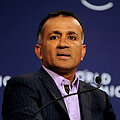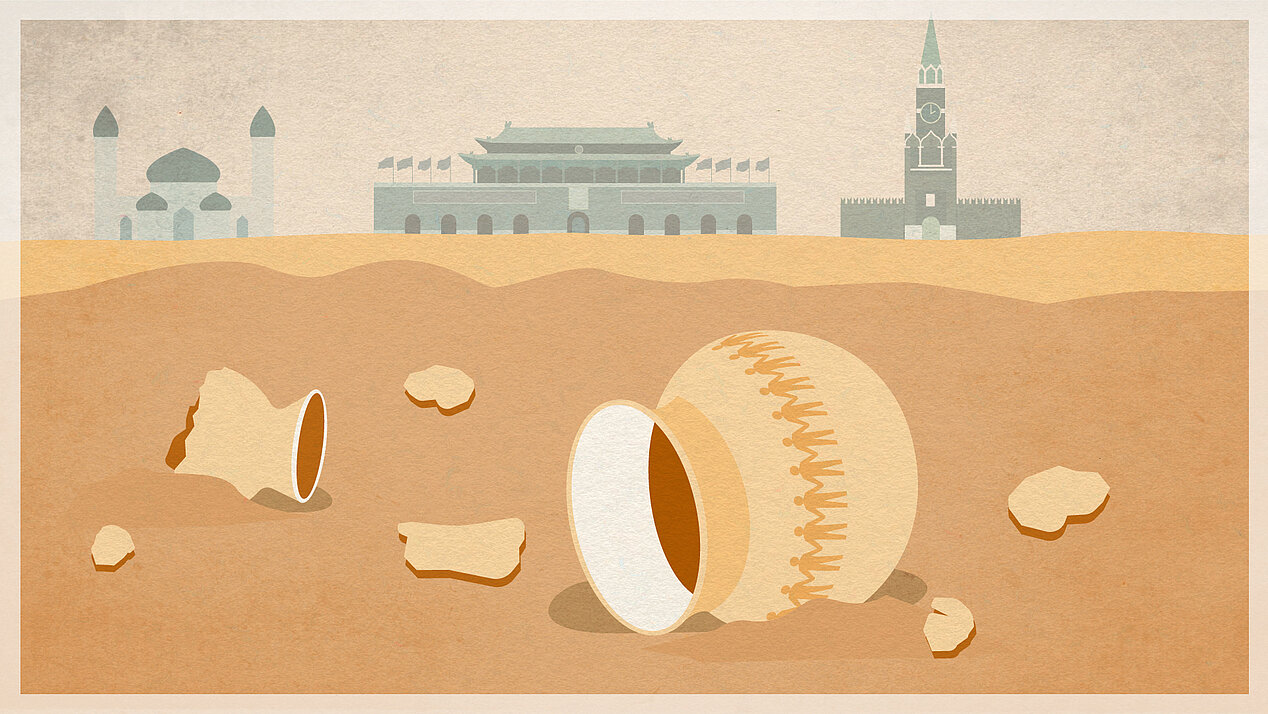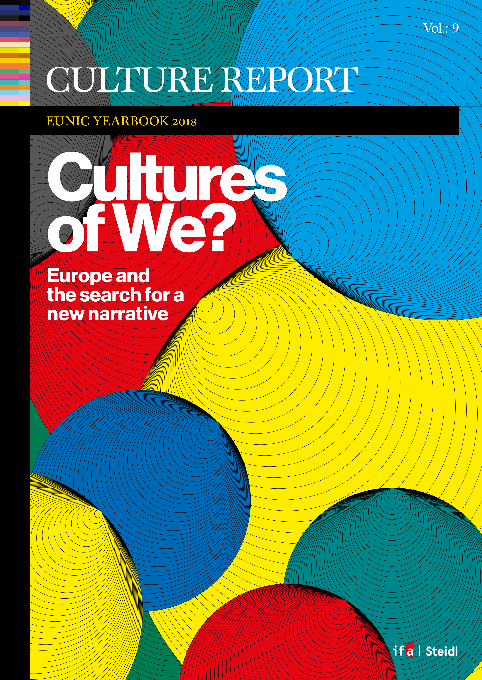The End of History
The difference between a ‘culture of we’ and ‘us vs. them’ connects to one of the central debates since the end of the Cold War. The ‘culture of we’ is Francis Fukuyama’s End of History. For Fukuyama, the fall of the Soviet Union meant the end of the only competitor to Western liberal democracy. Thus, all countries and governments would eventually become ‘Western’: there would be no other alternative.
The narrative of ‘us vs. them’, in contrast, is Samuel Huntington’s Clash of Civilisations. For Huntington, humanity is irrevocably separated into different civilisational blocs. Societies would clash not on the basis of universal ideologies, but on cultural values, which were too fundamental for there to be any compromise. As the world globalised and contact between different peoples increased, these cultural divisions would become more obvious, and spark tensions and conflict between societies.
Those who push the most for such a universal culture tend to be Western or influenced by Western ideas
These works were written in the Nineties in the immediate aftermath of the Cold War, and were written from a Western perspective. Thus, neither of these schools of thought have held up well in light of recent events. Clearly, the rise of China and its alternate model for economic development and governance challenges the idea that Western liberal democracy is the only game in town. Even Fukuyama has changed his tune, growing disappointed with his own school of thought during the run-up to the American invasion of Iraq.
Es ist klar, dass der Aufstieg Chinas und seines alternativen Modells von wirtschaftlicher Entwicklung und Regierungsführung die Vorstellung infrage stellt, die westliche liberale Demokratie sei die einzig mögliche Variante. Selbst Fukuyama hat eine andere Tonart angeschlagen und zeigte sich im Vorfeld des amerikanischen Einmarsches im Irak zunehmend enttäuscht von seiner eigenen Theorie.
The problem with the clash of civilisations argument is different. It is true that one could apply the model to today’s world. But then the problem becomes self-fulfilling. If countries believe that compromise with other cultures is impossible, they will not try to work with them, creating the tension and conflict predicted by Huntington.








